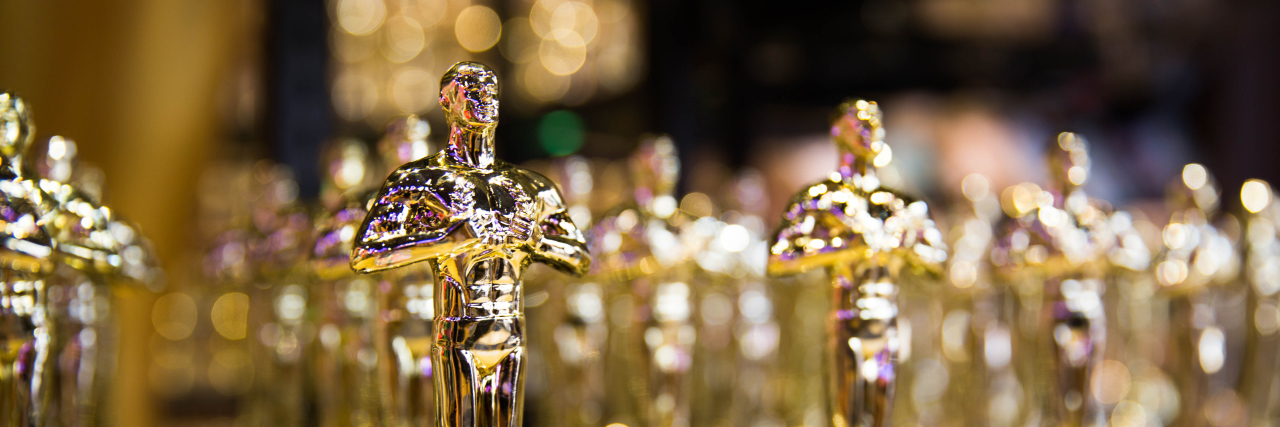What We Need Next for Disability Representation After the Oscars
We’re doing better. An article published by the BBC this week lauded the Academy Awards for having the most diverse lineup of nominees ever. The reporter, Alex Taylor, particularly highlighted the representation for people with disabilities — including “Crip Camp,” which received a Best Documentary nomination. (It lost to “My Octopus Teacher.”)
While it’s been a landmark year, we still have a long way to go.
Taylor writes, “Last year, an annual inequality report from Florida’s USC Annenberg School for Communication and Journalism found that only 2.3% of all speaking characters across the 100 top-grossing films of 2019 were even depicted with a disability, let alone played by an actor with one.”
According to the CDC, one in four adults lives with a disability. Set that beside film’s 1 in 43 and see how that feels.
Then see how the spare few stories of disability in film typically revolve entirely around the character’s disability. I can tell you that my own story does not revolve around my disability. My disability is just a part of my story. That’s what I’d like to see represented by disabled characters.
I’d also like to see my entire category of disability being represented: invisible disabilities. An article published by Forbes last year reports “Over 42 million Americans have a severe disability, and 96% of them are unseen.”
Even the aforementioned BBC article missed mention of invisible, or hidden disabilities: chronic illnesses, chronic pain, mental health conditions, and cognitive impairments. I just looked up the population of the United States, did some easy math using the stats from the Forbes article, and got this: 12 percent of Americans have a “severe” invisible disability!
When literally the most visible industry in America fails to adequately and accurately represent people with disabilities, it doesn’t just ignore us. It erases us. Collaterally, it erases the issues that affect our everyday lives (the very issues that may make us more disabled!): education, healthcare, research, social inclusion, jobs, equal rights, access to services, awareness, community, dignity…
My favorite reason to go to the movies is to escape. Excluding disability in film affirms the mindset that disability is something to escape from. It’s not.
Getty image by VZ Photos.

